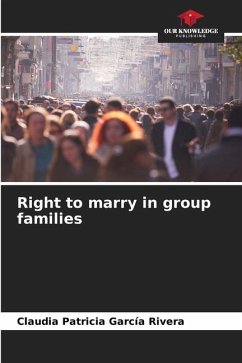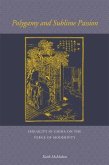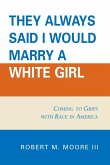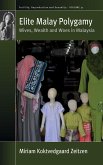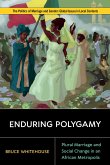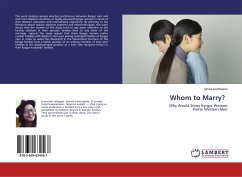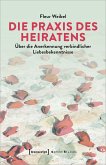Law 54 of 1990 recognised property rights for heterosexual couples who lived together without being married. Subsequently, there were other forms of cohabitation between same-sex couples, who claimed their rights; the Court in Ruling T-911/ 2009, ordered in their favour the application of regulations in the sense of equity, with regard to property rights, then, in SU214/2016, the same body granted them the right to marry. Currently, there is a new alternative for family life, such as the formation of 'group families' represented in triads or quadriads, composed of homosexual or heterosexual persons, giving rise to legal consequences of a patrimonial and cultural nature that the Colombian legal system is not able to contemplate. The aim of this work is to formulate legal tools that allow for the recognition of the right to enter into civil marriages for group families, composed of heterosexual or homosexual persons, where the purpose is to receive protection of their rights.

